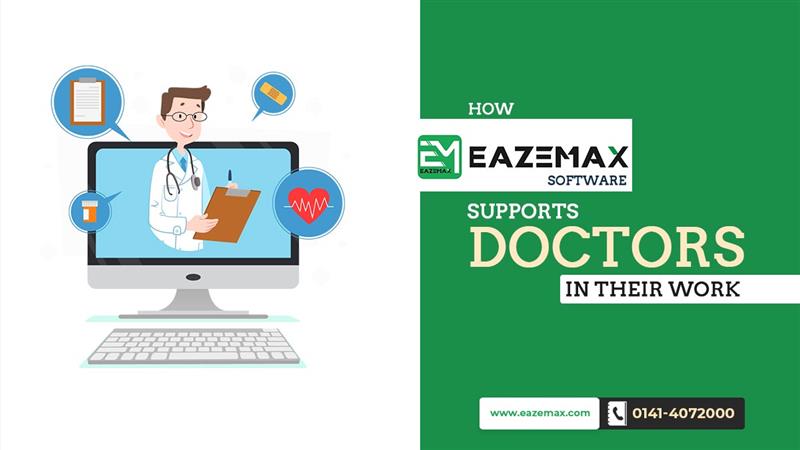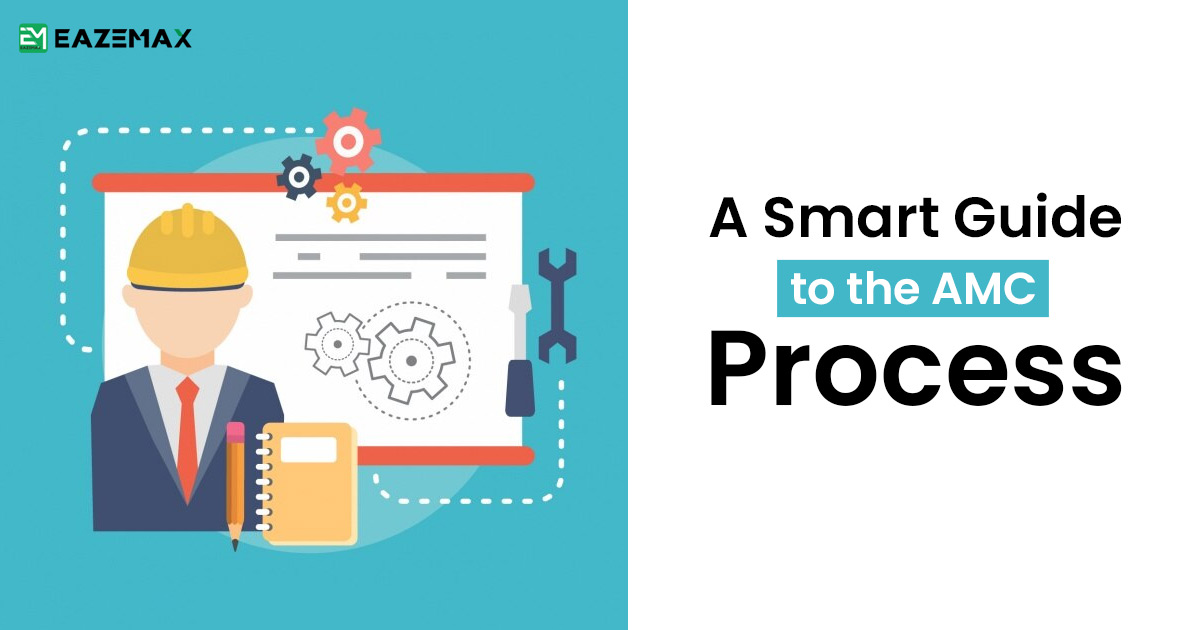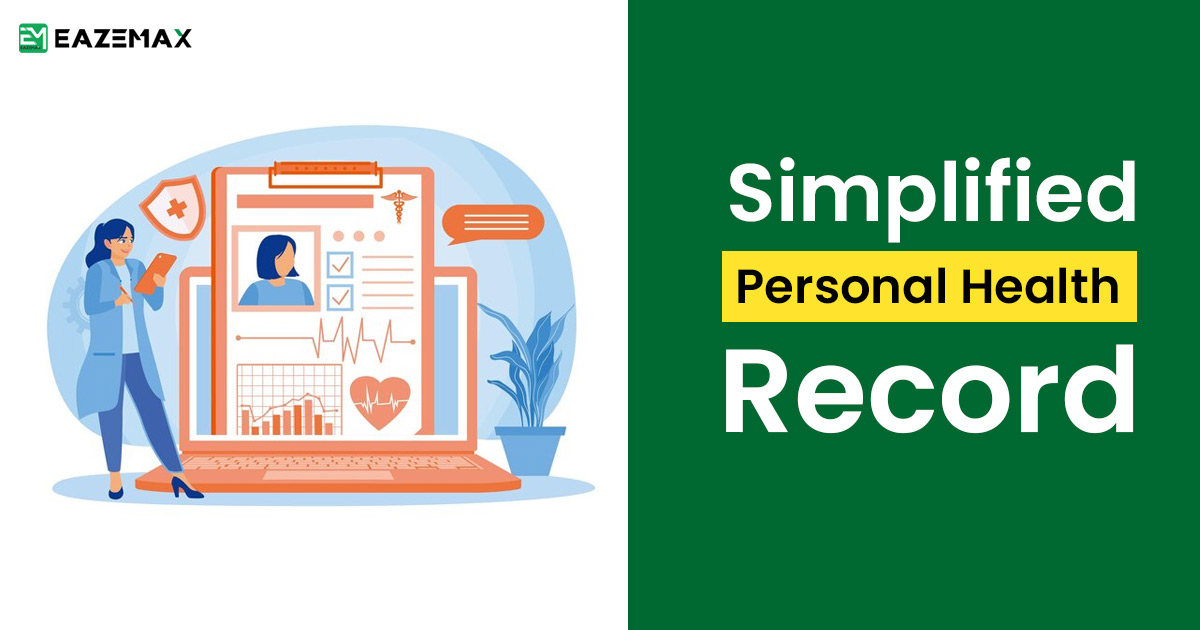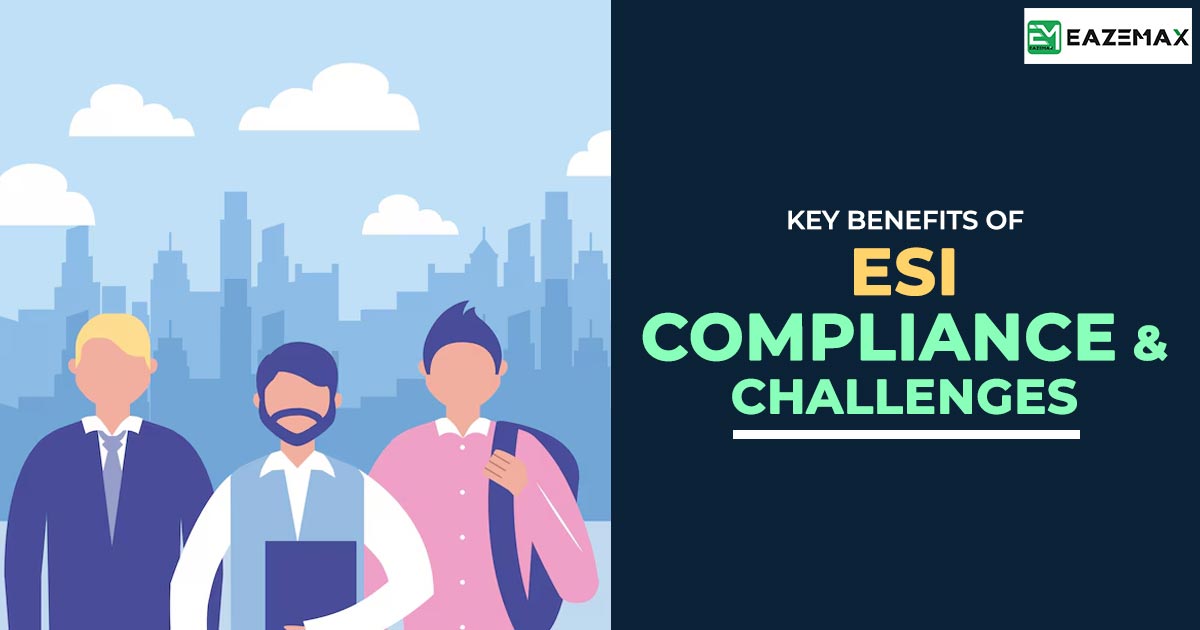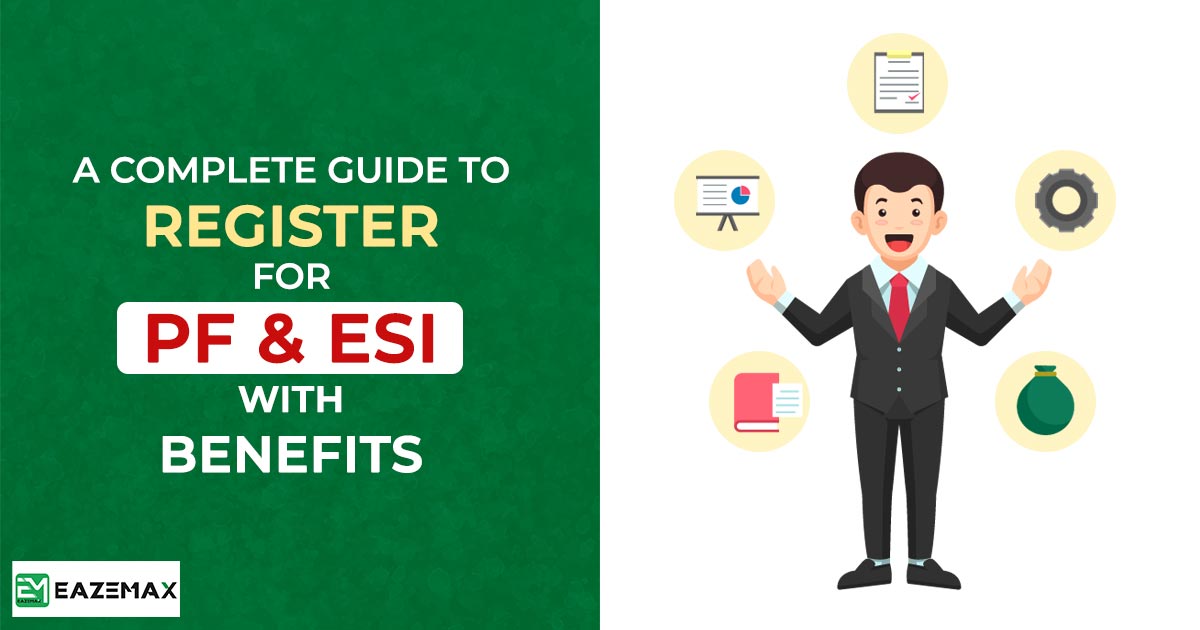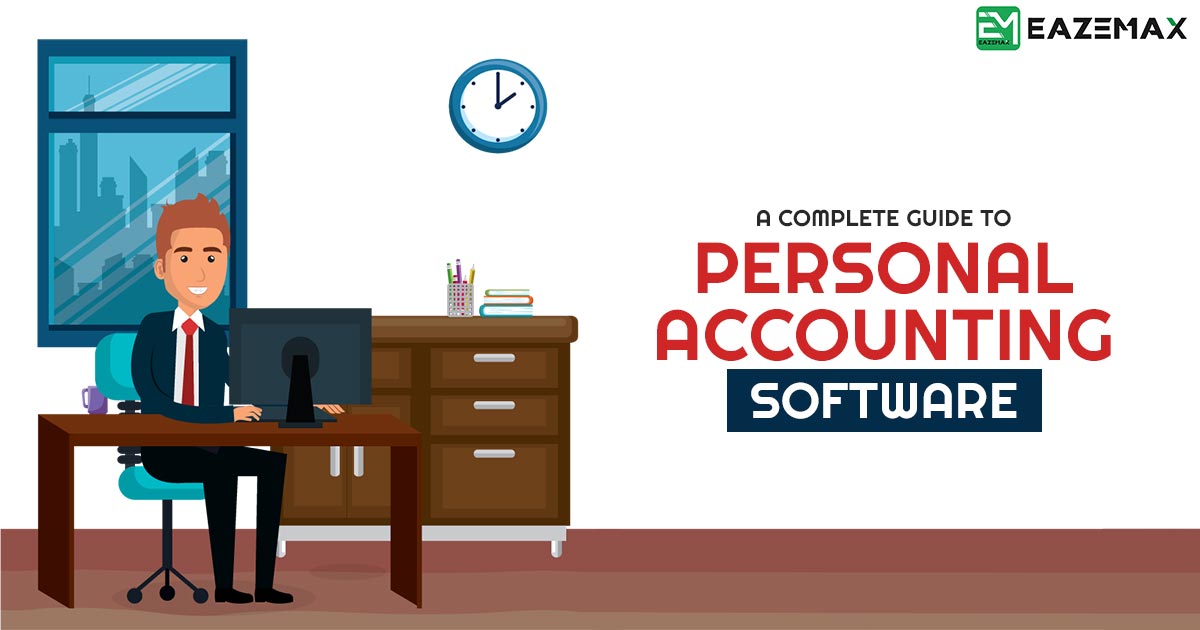
Personal Accounting is the structured method of recording and analyzing your personal finances. This includes keeping track of where your money comes from, how it is spent, and how your assets are managed. It acts as a roadmap for understanding your financial habits and preparing for the future.
The information gathered can be utilized for a variety of objectives, such as saving, planning significant purchases, budgeting, comparing your financial position with similar households, keeping investment records, preparing tax returns, setting financial goals, and more.
Maintaining personal accounts helps you maintain financial stability. By regularly updating your accounts, you can avoid unexpected financial surprises, whether it’s a sudden increase in expenses or a financial downturn.
Your personal account statements will reflect these changes, providing a clear overview of your financial position at any given time. These statements break down your finances into income, expenses, and assets every month.
These Detailed Statements Provide Insights Such as:
Income:- This category includes all earnings, such as salary, interest from investments, dividends, pension payouts, and any other funds that are directly deposited into your bank accounts. By understanding your total income, you can make informed decisions about saving, spending, and investing.
Expenses:- Expenses cover various regular and one-time costs like utility bills (electricity, water, telephone, internet), household costs (rent, groceries, clothing), healthcare, educational fees, and other essential payments. Tracking expenses is crucial to ensure they don’t exceed your budgeted limits, leading to financial strain.
Assets:- Assets include everything you own that holds financial value, such as cash, investments, properties, and other valuable possessions. The worth of an asset is determined by its market value and associated costs of buying, selling, or holding it.
For example, stocks may cost more when you purchase them and vary in price upon selling. Real estate may require regular maintenance costs. Investments in gold, silver, or precious stones often appreciate in value over time, offering long-term gains.
Liabilities:- Liabilities consist of all debts and obligations you owe to others, like credit card balances, personal loans, mortgages, auto loans, and student debts. It also includes taxes payable. A liability indicates an amount that must be settled with someone else. By managing liabilities effectively, you can avoid potential financial difficulties in the future.
Uses of Personal Accounting:
- Track Expenses and Income:- This is the core purpose of personal accounting. By tracking your cash flow, what comes in and what goes out, you can manage your financial resources effectively. If you’re aiming to save for a significant purchase or need extra funds at the end of the month, detailed tracking will guide you towards achieving these goals.
- Manage Bills Efficiently:- Keeping up with bills might seem trivial, but over time, overlooked payments can accumulate, resulting in financial strain. Personal accounting helps you monitor bill payments regularly, ensuring that your financial obligations are met on time without any late fees or penalties.
- Plan Financial Goals:- Personal accounting assists you in understanding your financial status in a comprehensive way. Before making major purchases, reviewing your finances helps you ensure that the investment aligns with your budget and long-term plans. This way, you can make sound financial decisions without regretting them later.
Is It Necessary to Hire a Professional to Manage my Accounts?
Although it’s not legally mandatory for individuals to maintain detailed financial records, doing so is essential for proper money management. Poor financial management could lead to missed opportunities, unexpected debt, and financial insecurity.
For example, missing a bill payment can lower your CIBIL (credit) score, which may hinder future financial opportunities like getting loans or credit. You might also overlook expenses that qualify for tax deductions.
Accountants are not responsible for keeping track of every bill’s due date or sending reminders. Thus, you are best positioned to handle your personal finances, as you have a complete understanding of your current financial situation. Keeping a close eye on your income, spending, and gaps in your budget enables you to manage finances more efficiently.
Although it’s not legally mandatory for individuals to maintain detailed financial records, doing so is essential for proper money management. Poor financial management could lead to missed opportunities, unexpected debt, and financial insecurity.
For example, missing a bill payment can lower your CIBIL (credit) score, which may hinder future financial opportunities like getting loans or credit. You might also overlook expenses that qualify for tax deductions.
Accountants are not responsible for keeping track of every bill’s due date or sending reminders. Thus, you are best positioned to handle your personal finances, as you have a complete understanding of your current financial situation. Keeping a close eye on your income, spending, and gaps in your budget enables you to manage finances more efficiently.
Personal Accounting Software – What Should You Know?
How It Works:
If you’re new to personal finance, using personal accounting software can simplify the learning curve. It’s an excellent way to manage your finances effectively.
Such software allows you to input transactions across various accounts, checking, savings, credit card, mortgage, and more and automatically generates reports. This keeps you organized and aware of your financial standing.
The Software Generally Includes Features Like:-
Centralised Income and Expense Records:- All your financial data in one place makes it simple to review and understand your monthly financial status.
Spending Pattern Analysis:- Track spending trends over time, helping you pinpoint unnecessary expenses and save more effectively.
Bill Payment Tracking:- Records bills you’ve paid and those still outstanding, preventing missed payments and late fees.
Multiple Bank Account Management:- Access and monitor multiple bank accounts from a single platform for efficient management.
Advantages of Personal Accounting Software
Personal accounting software consolidates all your financial information in one system, removing the need for maintaining separate records or spreadsheets for each transaction. It makes it easier to locate specific information when required.
With a good software system, you can create customized reports for any aspect of your finances, whether it’s income, expenses, assets, or investments. This streamlines the analysis process and provides a clear picture of your financial health.
10 Key Factors to Consider Before Selecting a Personal Accounting System
Before selecting a PAS, evaluate the following factors like
- Ease of Learning:- Ensure the software is easy to understand and user-friendly.
- Customer Support:- Check how accessible their support is, whether it’s available via phone, email, chat, etc.
- Report Generation:- Verify how many reports you can generate and their types.
- Download and Export Options:- Make sure reports can be exported in formats that suit your needs.
- Free Version Availability:- Is there a free trial so you can explore the software before committing?
- Discounts for Multiple Purchases:- If you need more than one license, check if bulk discounts are offered.
- Demo Version:- Look for a demo version that provides a walk-through of the software’s key features.
- 24/7 Customer Support:- Access to a toll-free number during working days can be crucial for urgent inquiries.
- Software Updates:- A dedicated website for downloading the latest updates ensures you always have the newest features and
How Can EazeMax Assist in Personal Accounting?
Developed by SAG Infotech, EazeMax is personal finance management software that prioritises simplicity and ease of use. Unlike traditional complex software requiring professional expertise, EazeMax is designed for anyone to use without additional training or support.
With EazeMax, setting up your accounts and transactions is straightforward, regardless of the account type. You can manage monthly expenses like rent, medical bills, and day-to-day costs.
EazeMax allows you to compare expenses against your income, pinpoint gaps, and make better financial decisions. If you require extra help, the EazeMax support team is available through email, phone, or online chat.
Do I Need Accounting Knowledge to Use EazeMax?
No, accounting expertise is not necessary to operate EazeMax software. The intuitive design lets you start managing your finances as soon as you install the software on your computer. This user-friendly approach means you can handle your financial records without delays. Get started today to see how effortless managing your money can be!
Why EazeMax Personal Accounting Software Might Be the Right Choice for You
EazeMax supports comprehensive financial management, including mutual fund tracking and investment accounting, without the need for professionals. It’s suitable for individuals, families, and investors who wish to monitor cash flow, investments, debt repayment, and future financial planning.
Key features of EazeMax include budgeting tools, expense-tracking software, portfolio management, and retirement calculators. The software simplifies personal financial management by making complex financial information understandable.
With a clear and intuitive interface, EazeMax is customizable to suit your unique needs and work habits. It comes with thousands of ready-to-use reports, graphs, calculators, and templates, all designed to make tracking and managing finances straightforward.
